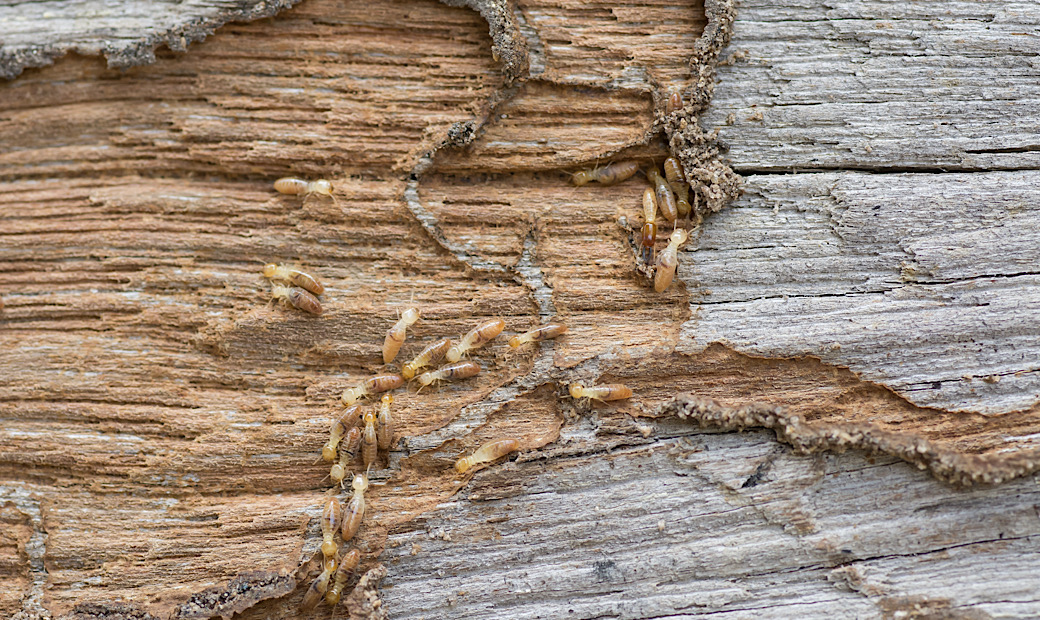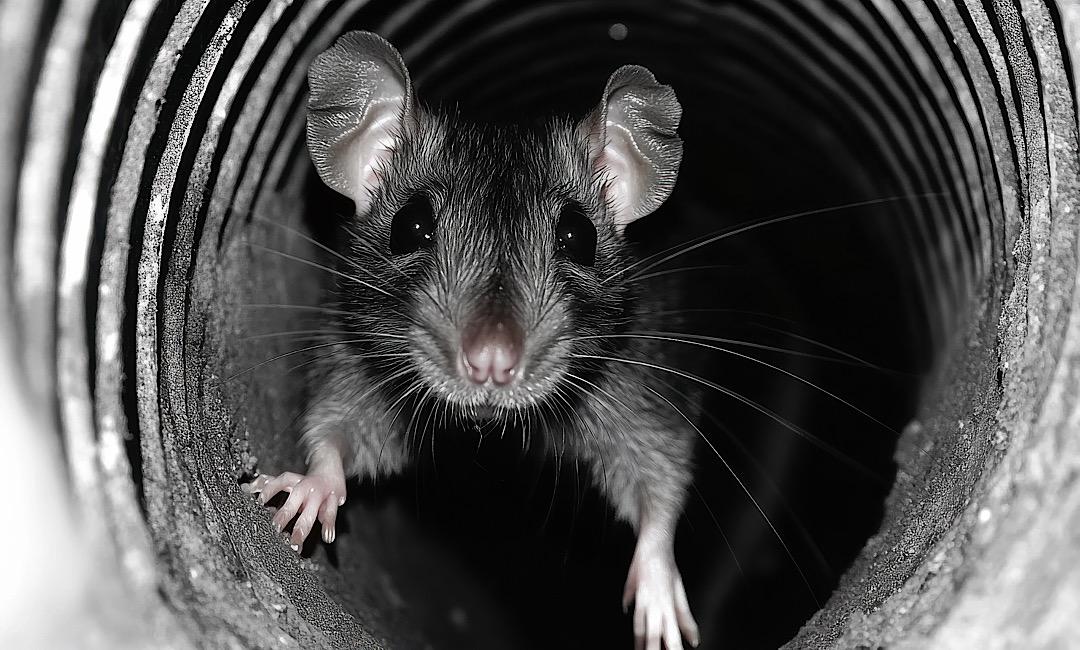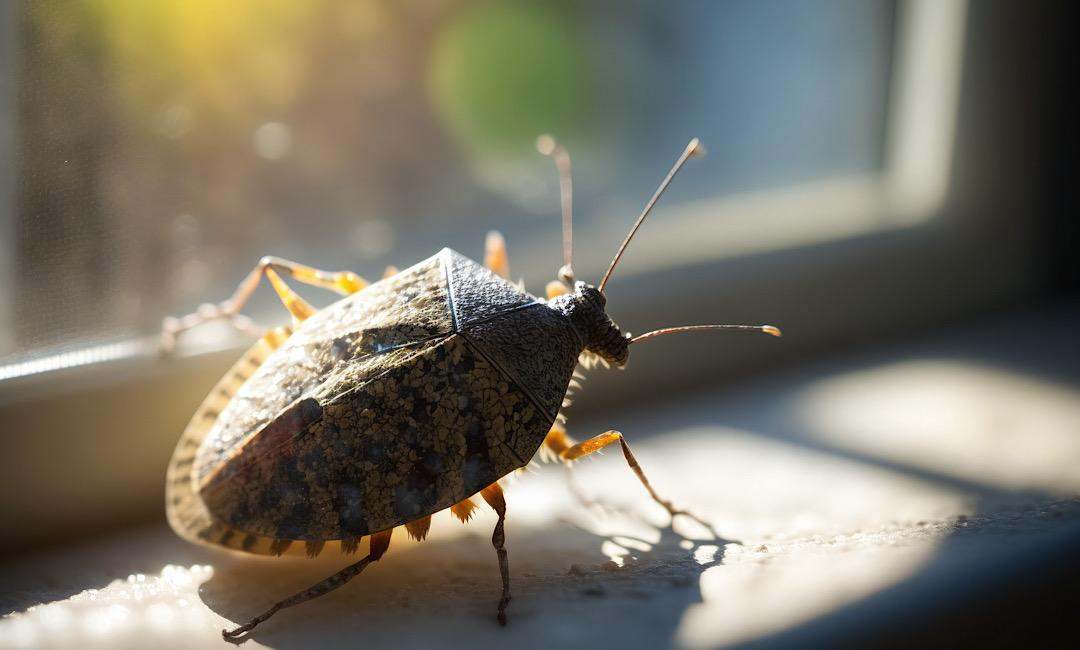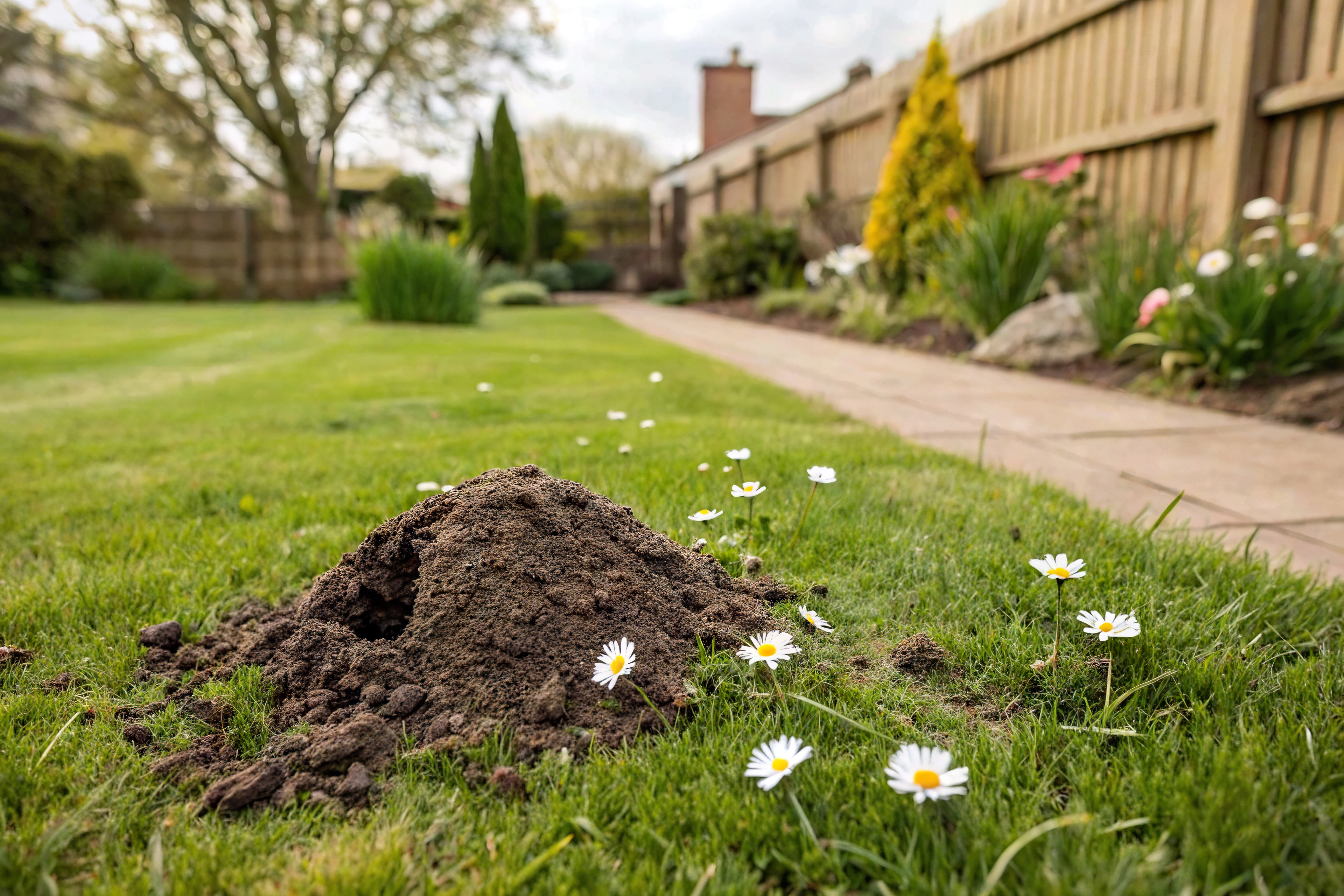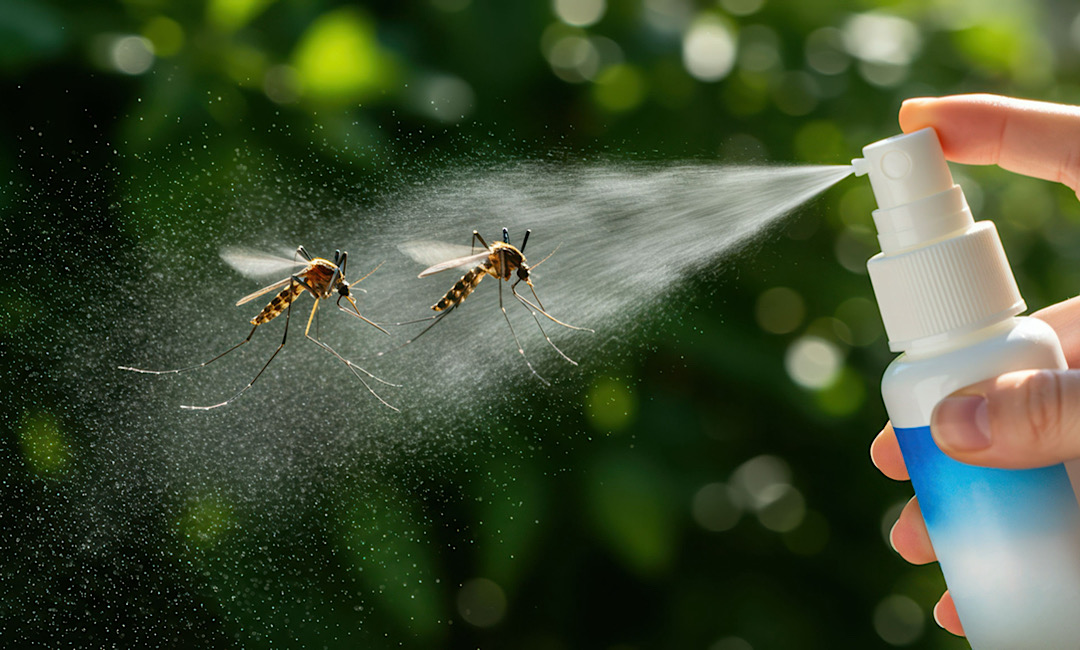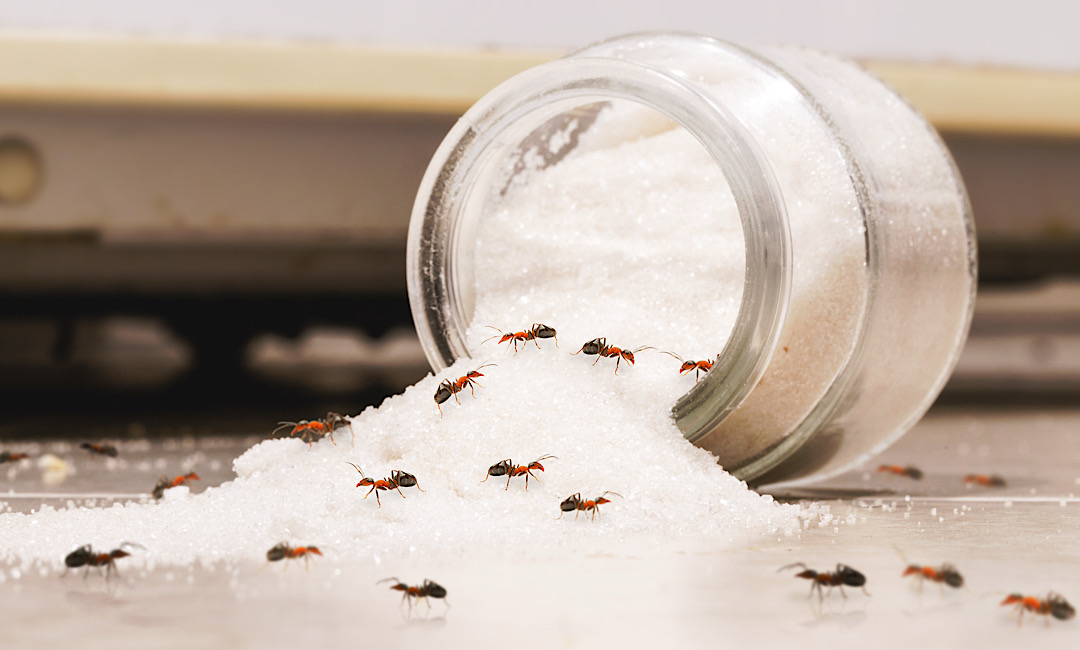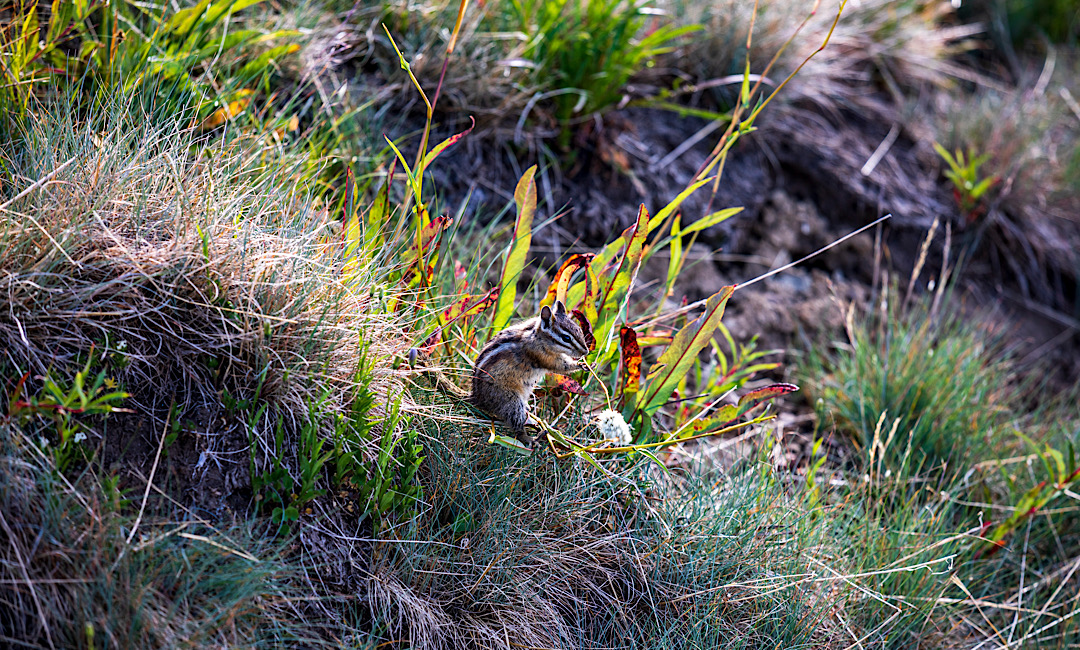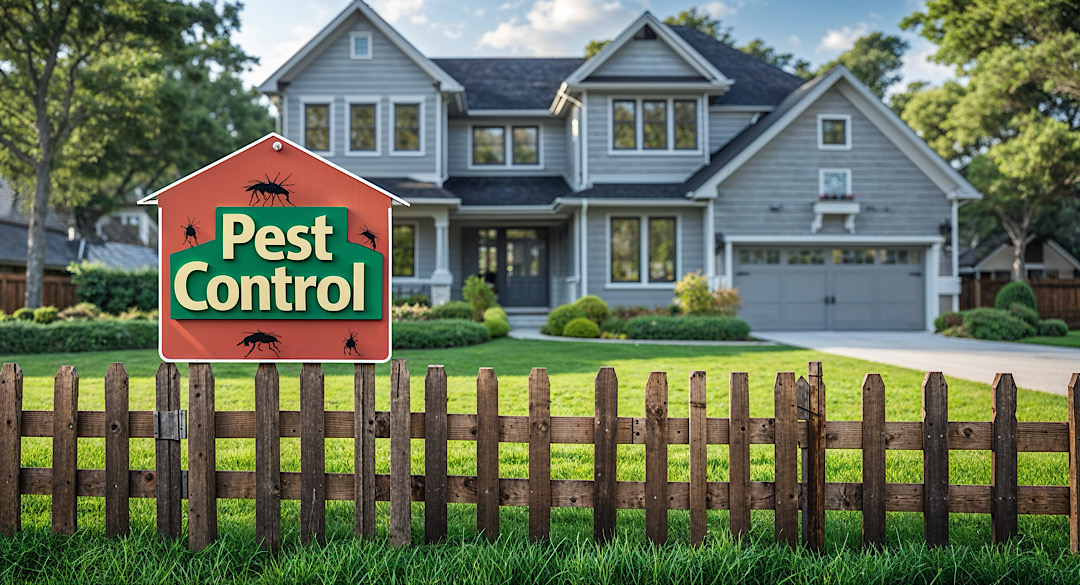Termites are often associated with the warmer months of the year when their activity is most visible. However, many homeowners mistakenly believe that the risk of termite infestations decreases during the winter, leading them to neglect crucial pest management practices. In reality, termite control is essential year-round, even in the colder months. This article explores why winter termite protection is vital and how it contributes to the long-term health and safety of your home.
Understanding Termite Behavior in Winter
Termites are cold-blooded insects, which means their activity can slow down in colder temperatures. However, this doesn’t mean they become inactive. In fact, subterranean termites, the most common type in many regions, remain active throughout the winter. They simply adjust their behavior to survive the cold.
Subterranean termites live in colonies underground, where the soil provides insulation from the cold. During winter, they continue to feed on wood and other cellulose materials, although their movements might be less noticeable to homeowners. These termites can access your home’s structure through cracks in the foundation, gaps around utility lines, or other entry points that provide a path from the soil into the wood of your home.
Why Winter Termite Protection is Essential
Given that termites remain active year-round, neglecting winter termite protection can lead to significant problems, including undetected structural damage and costly repairs. Here are several reasons why maintaining termite control during the winter months is crucial:
Continuous Feeding and Damage
Termites don’t hibernate; they continue to feed on the wood in your home, even during the winter. The damage they cause can go unnoticed until it becomes severe, as termites often chew away at wood from the inside out. This can compromise the structural integrity of your home, leading to costly repairs down the line. Without ongoing protection, termites can cause extensive damage before you even realize there’s a problem.
Early Detection of Infestations
Regular termite inspections during the winter months can help detect infestations early before they cause significant damage. Professional pest control services can identify the subtle signs of termite activity that are easy to miss, such as mud tubes, damaged wood, or discarded wings from swarmers. Early detection is key to preventing a minor issue from becoming a major problem.
Preventing Spring Swarms
Termite colonies often swarm in the spring when winged termites (alates) leave the nest to start new colonies. However, the groundwork for these swarms is laid during the winter months. If a termite infestation is not addressed in winter, you may be faced with a full-blown swarm come spring. Maintaining termite protection during winter helps prevent colonies from growing and reduces the likelihood of a spring swarm.
Winter Termite Control Strategies
To effectively protect your home from termites during the winter, it’s important to implement specific pest management strategies. These include ongoing monitoring, preventive treatments, and maintenance practices that keep termites at bay.
Regular Inspections
Scheduling regular termite inspections during the winter is crucial for catching any signs of termite activity early. Professional pest control services have the expertise and tools to thoroughly inspect your property, including areas that are difficult to access, such as crawl spaces, basements, and attics. They can identify early warning signs of termite activity and recommend appropriate treatment options if needed.
Preventive Treatments
Even during the winter, applying preventive treatments can help protect your home from termite infestations. These treatments can include:
Soil Treatments: Applying termiticides to the soil around your home’s foundation creates a barrier that prevents termites from entering.
Bait Systems: Installing termite bait stations around your property can help monitor termite activity and eliminate colonies before they cause damage. Bait systems are effective year-round and provide ongoing protection.
Wood Treatments: Treating exposed wood in your home with termiticides can protect it from termite damage. This is particularly important for wooden structures that are in direct contact with the soil.
Addressing Moisture Issues
Termites are attracted to moisture, which is why it’s important to address any moisture issues in your home, especially during the winter. High humidity, leaks, and poor drainage can create the perfect environment for termites to thrive. To reduce the risk of infestations:
Fix Leaks Promptly: Repair any leaking pipes, faucets, or appliances as soon as possible to prevent moisture buildup.
Ensure Proper Ventilation: Use dehumidifiers in damp areas like basements and crawl spaces to maintain low humidity levels.
Improve Drainage: Ensure that your home’s gutters and downspouts are functioning properly and directing water away from the foundation. Consider installing a drainage system if water tends to pool around your home.
Sealing Entry Points
Preventing termites from entering your home in the first place is one of the most effective ways to protect your property. Inspect your home’s foundation, walls, and roof for any cracks, gaps, or openings that termites could exploit. Seal these entry points with caulk or other appropriate materials to block their access.
The Long-Term Benefits of Year-Round Termite Protection
Maintaining termite control throughout the year, including the winter months, offers several long-term benefits for homeowners. These include:
Peace of Mind: Knowing that your home is protected from termites year-round provides peace of mind. You can rest assured that your property is safe from costly damage.
Increased Property Value: Homes with a history of termite protection are often more attractive to potential buyers. Regular termite inspections and treatments can help preserve your property’s value.
Cost Savings: Preventive termite control is far more cost-effective than dealing with the aftermath of a severe infestation. By investing in regular inspections and treatments, you can avoid expensive repairs and structural damage.
While it’s easy to assume that termites aren’t a threat during the winter, the truth is that these pests remain active year-round. Neglecting termite protection during the colder months can lead to undetected infestations and significant damage to your home. By maintaining a proactive approach to termite control, including regular inspections, preventive treatments, and moisture management, you can protect your home from termites and ensure its long-term safety and value.
For comprehensive termite control services that provide year-round protection, including during the winter months, contact Lowcountry Pest Management. Our experienced team is committed to safeguarding your home from termites and other pests, helping you maintain a secure and healthy living environment. Don’t wait until spring—take action now to protect your home from the threat of termites.

